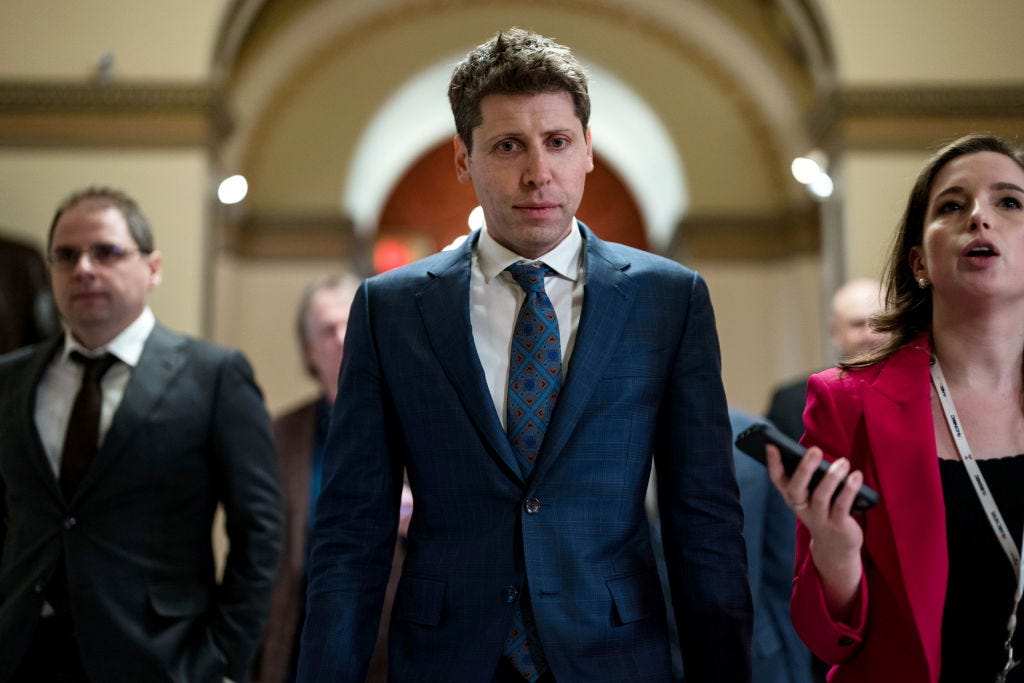The End of the Internet?
Where A.I. culture might go
The internet, barring unforeseen ecological catastrophe, will be with us until we die. The modern world has hardened in this fashion and too much of daily life is bound up in the digital. We email, we use cloud storage, we download apps and download apps and download apps…
Yet it’s all devolving out there. Artificial Intelligence, as the writer Erik Hoel has pointed out, has made the internet experience far worse. Fake books, fake search results, fake videos, fake Twitter replies, fake Instagram likes, fake porn, fake voices—the dross is everywhere, and it’s only growing. Sam Altman’s OpenAI is to blame, as well as the competitors. It’s possible that AI is a technological leap on par with electrification and air travel, and we are in the early innings of a remarkable period in human history. Soon, we will all be revolutionized, freed to do “meaningful” work as AI handles the drudgery while accelerating our progress as a species.
Or, more likely, AI emerges as a get-rich-quick scheme for a few of the most dedicated, as the fake content (the books, the videos, the articles) rack up the most sales and attention from advertisers. Since labor costs don’t exist for the user, profit is always possible, even when you’re peddling pretend guides to jazz. Until the tech platforms themselves, like Amazon and Google, begin to care about the proliferation of AI inanities—or lawmakers find some way to regulate it all—the curdling will accelerate. I am following the New York Times lawsuit against Microsoft and OpenAI; my layman’s sense is that ChatGPT is built on the foundation of copyright infringement. If the lawsuit succeeds, the company is in deep trouble.
The get-rich-quick nature of AI obscures that the algorithms—no one quite understands them, and the creators keep it all safely tucked away in their block boxes—are predicated on disrupting industries that are not very lucrative. Graphic designers, technical writers, and 2010s-style online aggregators are all greatly threatened by the advance of AI. None of these professions, with very rare exceptions, are making anyone rich. When AI has permanently undercut the craft of designing logos and book covers, what great rewards await OpenAI, Gemini, and all the rest? They are not exactly extracting oil. Immiserating visual creatives while performing rote, mediocre writing might be AI’s dismal and unimpressive endgame. The AI industry itself is resource-intensive and extraordinarily expensive to maintain; if the VC spigot dries up, the momentum will flag.



